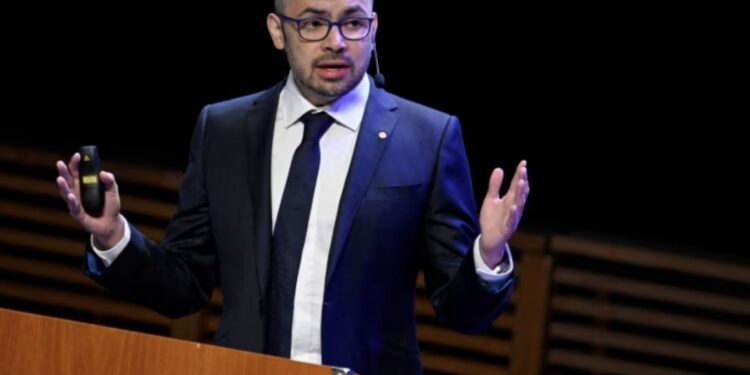The AI revolution, often feared for its displacement of jobs, will instead be a significant champion of new, good jobs. That was the upbeat message from Google DeepMind CEO and Nobel laureate Demis Hassabis, in an interview at the South by Southwest (SXSW) festival in London on Monday.
In response to fears that AI will destroy jobs, Hassabis said although some more routine roles might be automated, AI’s transformative effects would open up whole new sectors and high skilled positions.
He explained the important necessity for people to adopt STEM (Science, Technology, Energy, and Mathematics) education, mentioning math, physics, and computer science as essential for learning and using AI facilities.
Hassabis compared the current wave of AI interest to the Industrial Revolution, hinting that AI might have an even greater impact. He suggested those who are “tech savvy” and take initiative to play with the new AI tools that are emerging will be most well-poised to succeed in this new time.
One of the nuggets I took away came from Hassabis’ prediction, namely that the next generation of people would be “AI natives,” who would develop cognitively with a natural instinct for communicating with AI just as previous generations had to learn to function with the internet. He asked students and practitioners to experiment with the latest AI systems and tools, finding new applications for them in academia and industry.
The DeepMind boss made the remarks as part of a wider debate at SXSW 2025 about the ethics and governance of AI. Hassabis recognised these fears, calling for “smart, flexible regulation” that could grow with the technology.
He also made a reference to the elusive goal of Artificial General Intelligence (AGI), suggesting that AI systems that could match or even surpass human intelligence may surface within the next five to ten years.
In the end, Hassabis’s speech was an impassioned wake-up call: if anything, rather than dreading AI, you and your societies should start planning for a future where human brilliance – supercharged with AI – will open a gate to historically unparalleled human productivity and a vast new range of meaningful jobs.










![Online Scam Cases Continue to Rise Despite Crackdowns on Foreign Fraud Networks [Myanmar] Online Scam Cases Continue to Rise Despite Crackdowns on Foreign Fraud Networks [Myanmar]](https://sumtrix.com/wp-content/uploads/2025/06/30-12-120x86.jpg)




